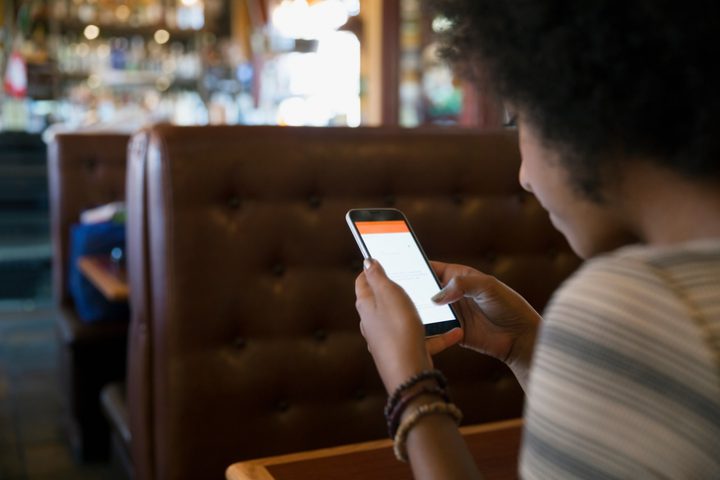A strong Wi-Fi signal is one major factor that helps Canadians decide where they want to stay when they go away for long weekends, said a risk report released by Norton last month.

And while a hefty majority of Canadians believe their information is safe while using public Wi-Fi networks at hotels, restaurants and elsewhere, the report reveals that these services aren’t as secure as users might like to believe they are.
WATCH: Why are coffee shops shunning free WiFi?

“The most common misconception about public Wi-Fi is that it’s secure,” Kevin Haley, Norton’s director of security response, said in an email.
Haley said that 64 per cent of Canadians feel their personal information is safe when using public Wi-Fi. That’s higher than the global average of 60 per cent.
However, “88 per cent of consumers have potentially put their information at risk while using public Wi-Fi by accessing their personal email, bank accounts or other financial information,” he added.
Risky behaviours on public Wi-Fi include logging into personal email accounts, checking bank accounts or accessing personal financial information.
They also include sharing photos on social media or logging into work email.
WATCH: Free WiFi proposed for Vancouver public spaces
More than half of Canadians (53 per cent) don’t know how to tell the difference between a secure and an unsecured public network, and therefore aren’t taking necessary precautions to protect their personal information.
“Public Wi-Fi hotspots are open networks, which means anyone with the right tools can access the information as it travels on the network,” Haley added.
WATCH: Free public Wi-Fi on its way for downtown Halifax, Dartmouth

Sixty-six per cent of Canadians said that Wi-Fi access was a deciding factor when choosing a hotel, while 36 per cent said it was a deciding factor when choosing a place to eat or drink and 32 per cent said it helped them decide on an airline.
Norton’s study also found that almost half of Canadians (46 per cent) can’t wait more than a few minutes before logging onto a Wi-Fi network or asking for the Wi-Fi password at a friend’s place.
One of the best ways to ensure your personal information is protected while using public Wi-Fi networks is to use a VPN (virtual private network) from a trusted security vendor.
A VPN is used to create a secure, encrypted connection between a computer and a server, according to PCMag.
A user’s information is encrypted when using a VPN, “so even if a hacker is snooping on the network, they can’t see your information.”
There are many VPN services available to users who travel often or just want an extra layer of security when browsing the web.
While 88 per cent of Canadians have put their personal information at risk over a public network, 84 per cent don’t use a VPN to secure their Wi-Fi connections.
WATCH: Risks associated with free Wi-Fi
Many Canadian cities see public Wi-Fi networks as gateways to smarter, more efficient communities — despite the risks.
Therefore, many popular destinations and websites have taken steps to improve the security of their Wi-Fi connections by adding HTTPS networks, which are secure connections that encrypt the data going back and forth.
“They’ve done this so that even when people access them in hostile environments, they’re protected from some of the lowest common denominator attackers sitting on an open-end Wi-Fi network and looking for victims,” said Chad Thunberg, COO of Leviathan Security Group in Seattle, told NBC News.
“So year-over-year, we are safer today when using public Wi-Fi than we were previously,” he said.
Despite this, Haley warned frequent travelers and social media mavens not to let their guard down, as public Wi-Fi will always come with a certain degree of risk.
“There is no doubt these systems will continue to become safer and more secure, but there will always be a risk,” he said.
“Wherever there are public Wi-Fi hotspots, you run the risk of a hacker tapping the network.”




Comments